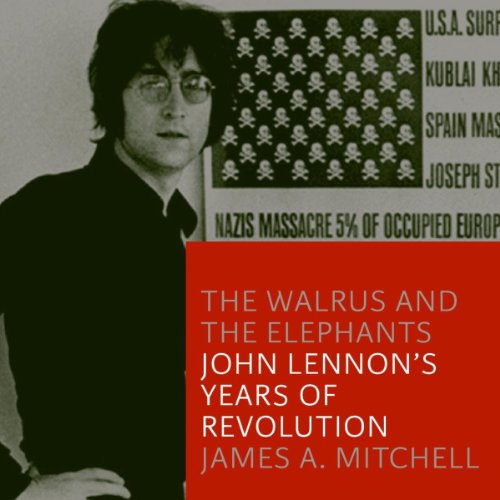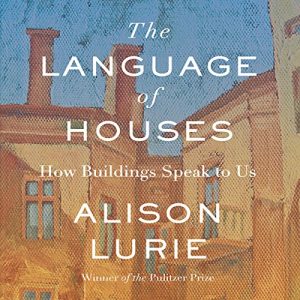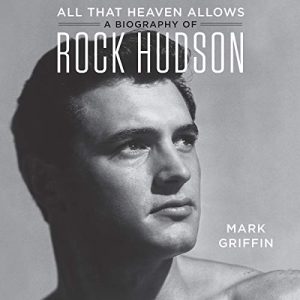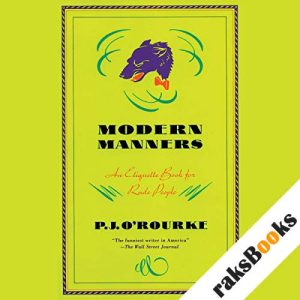In late 1971 John Lennon left London behind and moved to New York, eager to join a youth movement rallying for social justice and an end to the Vietnam War. Lennon was quickly embraced by radicals and revolutionaries, the hippies and Yippies at odds with the establishment. Settling in Greenwich Village, the heart of Manhattan’s counterculture, the former Beatle was soon on the frontlines of the antiwar movement and championing a range of causes and issues.
Seen as a savior by a generation in need of cultural heroes, Lennon was just as passionately hounded by a government eager to find enemies within. The FBI and White House considered Lennon a threat; a plan was devised to deport the singer prior to the election as a “strategic counter-measure” to preserve Richard Nixon’s presidency in 1972.
The Walrus and the Elephants is told by an unlikely cast of friends, including the musicians of the Elephant’s Memory band, who were among the few with a chance to see the man behind the Beatle. Exclusive interviews include writer and feminist leader Gloria Steinem; congressional Black caucus cofounder Ron Dellums; “Chicago Seven” veteran Rennie Davis; immigration attorney Leon Wildes; and legendary poet-activist John Sinclair, whose imprisonment for marijuana – a 10-year sentence for two joints – kicked off Lennon’s American journey.
It was a busy year of making albums, controversial TV appearances, and what would be Lennon’s last full-length concert at Madison Square Garden; it was also a time of great change in America, with many of the confrontations that began brewing in the sixties reaching an end…and the beginning of a new era.
John Lennon fought for peace and was treated with scorn by some, suspicion by others – including a government wishing to silence the singer. The Walrus and the Elephants is a look back by those who fought the fight. He was a dreamer, but not the only one.








Reviews
There are no reviews yet.